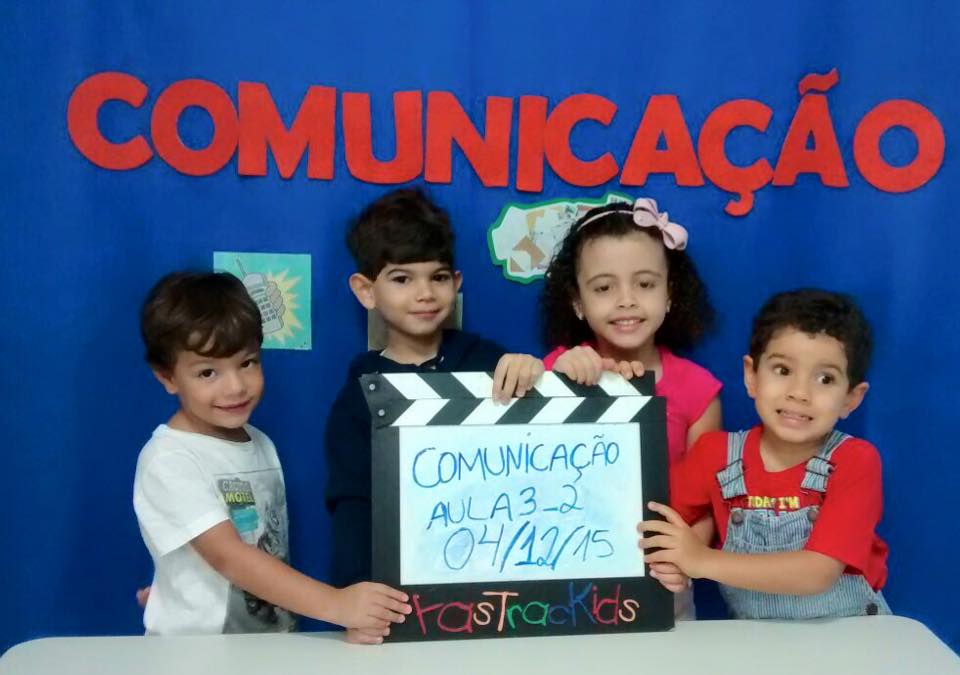Listening Awareness Month – VP of Curriculum Dee McDonald

Can you remember the last, great conversation that you participated in? Did you do more talking or listening? When we have a conversation with our children, we have the tendency to talk, talk, talk and wonder why they do not understand what we say.
Greek philosopher Diogenes puts things into perspective with this quote:
“We have two ears and one tongue so that we would listen more and talk less.”
-Diogenes
One of our educational advantages at FasTracKids is laying a strong foundation for communication. We have created an exceptional methodology that focuses on preparing children to speak clearly and helping them have a purposeful train of thought for presentations. Communication does not stop (or even start) with these speaking skills. The bedrock of a great communicator is the development of listening skills. Our digital curriculum allows students to listen and truly hear high level vocabulary in context. Developing these listening skills also strengthens student’s ability to concentrate.
 Listening skills are very valuable in our classrooms, but also essential for our students to use when they are away from the FasTracKids center. March is International Listening Awareness Month and a perfect time to learn how to be a better listener. Spend this month really listening to what your child has to say and also teaching your child how to improve their listening skills. Here are a few tips parents can use in order to model for their children how to be an effective listener.
Listening skills are very valuable in our classrooms, but also essential for our students to use when they are away from the FasTracKids center. March is International Listening Awareness Month and a perfect time to learn how to be a better listener. Spend this month really listening to what your child has to say and also teaching your child how to improve their listening skills. Here are a few tips parents can use in order to model for their children how to be an effective listener.
- Use effective body language so your child knows you are listening. Make eye contact, kneel down to your child’s level, tilt your head-show your child you are listening.
- Ask valid questions. Questions such as “What you do you like (or hate) most about school right now?” will produce real answers. A real question about food might be, “You haven’t been eating much lunch lately, what would you like to have today?” In comparison, a leading question on the same topic would be, “You know you like peanut butter, do you want some?”
- Ask specific questions to gather more information such as “Can you tell me exactly what happened?”
As Diogenes recommended, try listening twice as often as you speak. Listening is exciting, powerful and rewarding!
For more fun tips and questions to ask your children to use throughout the month, see these resources:
30 Questions to ask Your Kid Instead of “How Was Your Day?”
